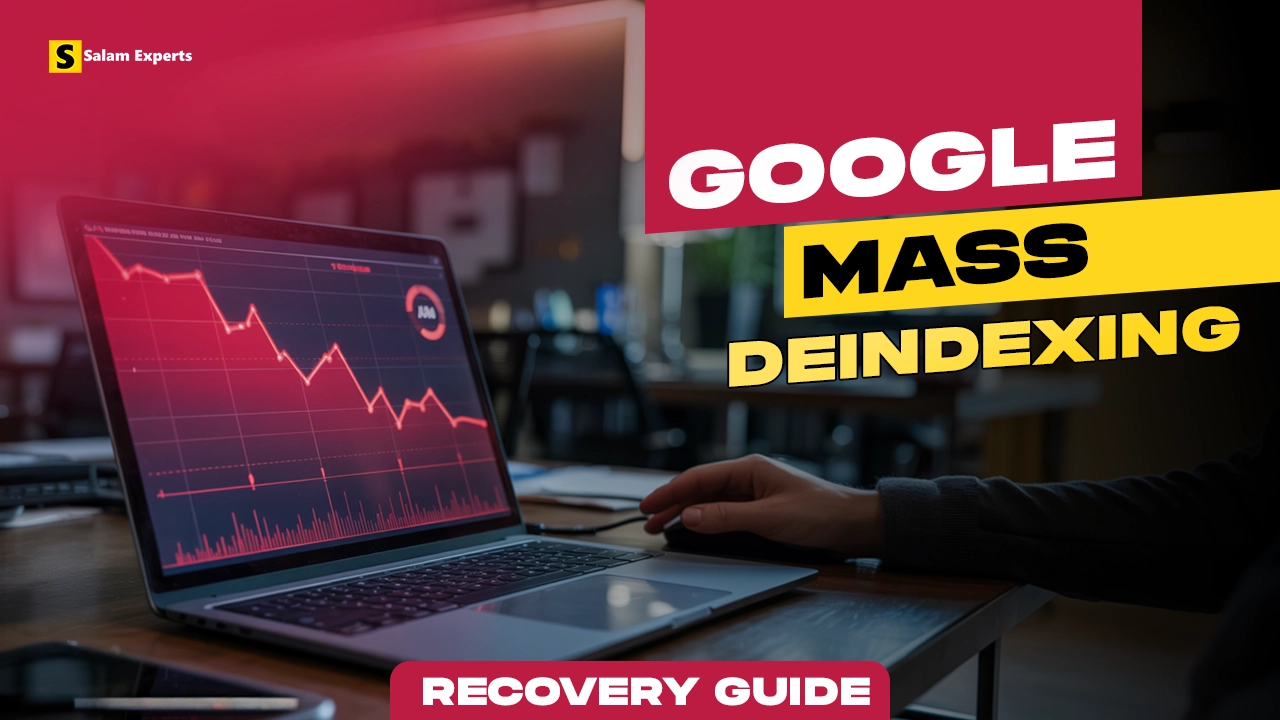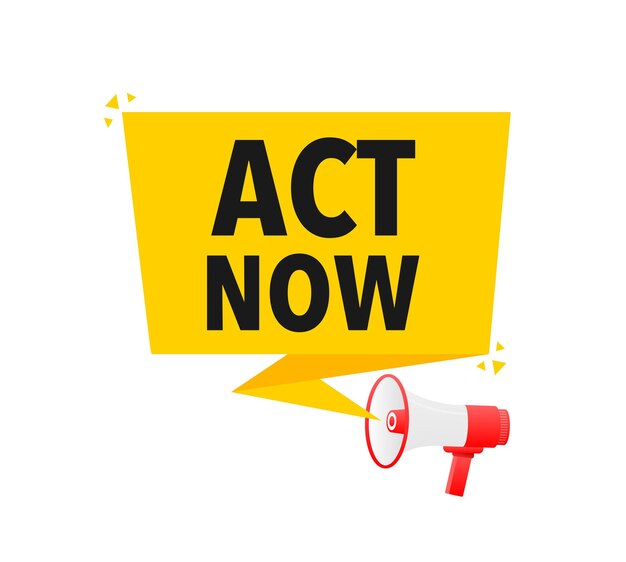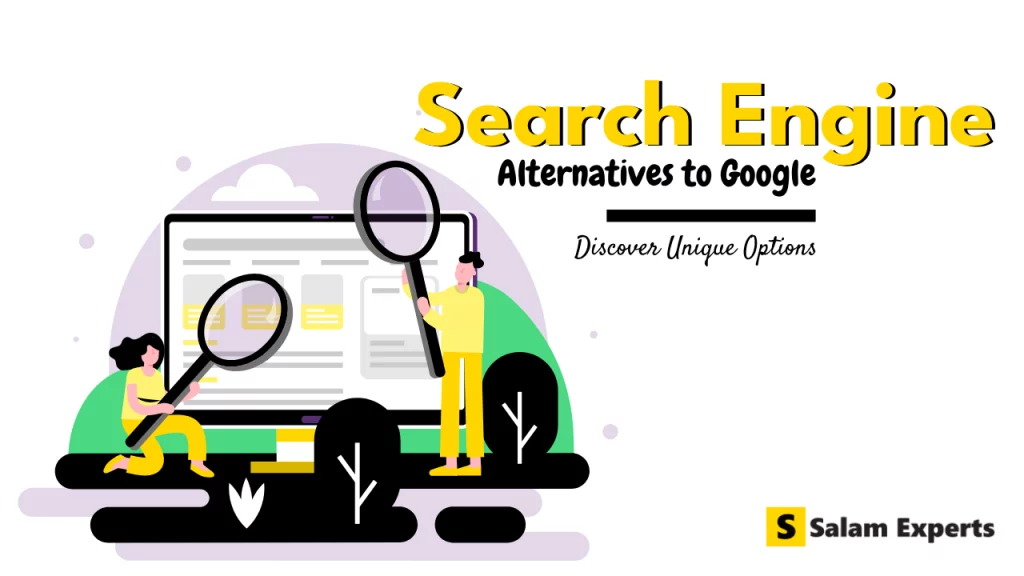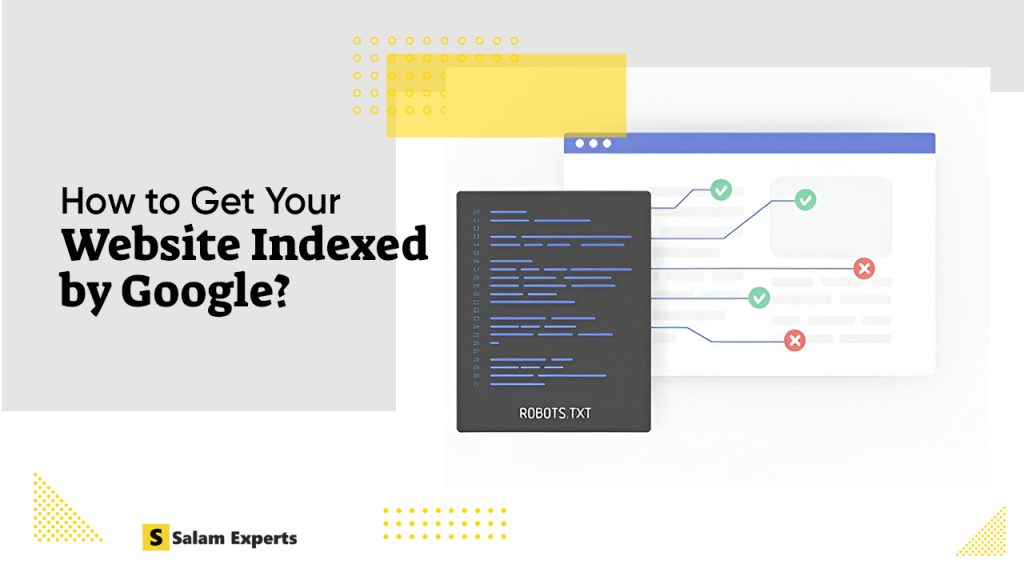Google Mass Deindexing: AI Content Penalties and Recovery Guide

The Current Crisis: Mass Website Deindexing
In recent months, thousands of websites have experienced a severe drop in Google search visibility, with many sites completely vanishing from search results except for their homepage. This phenomenon has become increasingly common since Google’s March 2024 Core and Spam Updates, affecting websites across various industries but particularly those heavily reliant on AI-generated content.
Understanding Google's Stance on AI Content
According to Google’s official guidance on AI-generated content, the search giant’s position is nuanced but clear. Google states that their ranking systems aim to reward original, high-quality content that demonstrates E-E-A-T (Expertise, Experience, Authoritativeness, and Trustworthiness), regardless of how it’s produced.
However, Google explicitly warns that using automation—including AI—to generate content with the primary purpose of manipulating search rankings is a violation of their spam policies. The key distinction lies in the intent and quality of the content, not simply its method of creation.
Primary Causes of Mass Deindexing
1. Bulk AI Content Without Human Value Addition
The most common cause of recent deindexing incidents is the mass publication of AI-generated content with minimal human oversight or value addition. Websites that published hundreds or thousands of articles using AI tools without proper editing, fact-checking, or expertise injection have been particularly hard hit.
Warning Signs:
- Publishing multiple articles daily with minimal editing
- Content that lacks personal insights or expert knowledge
- Generic, templated writing that could apply to any website in the niche
- Articles that don't cite original sources or provide unique perspectives
2. Violation of E-E-A-T Principles
Google’s emphasis on Experience, Expertise, Authoritativeness, and Trustworthiness has become more stringent. Content that fails to demonstrate these qualities, particularly in YMYL (Your Money or Your Life) topics like health, finance, and news, faces severe penalties.
Common Violations:
- Health advice without medical credentials or disclaimers
- Financial guidance from unqualified authors
- News articles without proper sourcing or journalistic standards
- Lack of clear author bylines or expertise indicators
3. Helpful Content System Violations
Google’s Helpful Content System, designed to surface content created primarily for people rather than search engines, has become more aggressive in identifying and demoting content that appears to be created solely for ranking purposes.
Penalty Triggers:
- Content that doesn't satisfy user search intent
- Articles created to target keywords rather than solve problems
- Thin content that provides little value beyond what already exists
- Content that reads like it was written for search engines
4. Technical and Quality Issues
Beyond content quality, technical issues and poor user experience signals contribute to deindexing:
Technical Factors:
- Slow loading speeds affecting Core Web Vitals
- Mobile usability issues
- Broken internal linking structures
- Malware or security vulnerabilities
- Improper robots.txt configurations
5. Link Selling and Manipulative Practices
Websites engaged in link selling, guest post networks, or other manipulative link-building practices have been particularly targeted in recent updates.
Red Flags:
- Selling sponsored posts without proper disclosure
- Participating in private blog networks (PBNs)
- Exchanging links primarily for SEO purposes
- Publishing guest posts on unrelated topics
The March 2024 Update Impact
The March 2024 Core and Spam Updates marked a turning point in Google’s approach to AI content. Reports indicate that over 1,400 sites were completely deindexed during this period, with the vast majority being sites that relied heavily on AI-generated content without substantial human oversight.
Google’s Quality Rater Guidelines were updated to specifically address AI content, stating that content where “all or almost all” the main content is AI-generated and lacks effort, originality, and added value can receive the “Lowest” rating. This change formalized Google’s position that AI content must be enhanced with human expertise to be considered high-quality.
Diagnostic Steps: Identifying the Problem
Phase 1: Initial Assessment
- Google Search Console Analysis
- Check for manual actions or penalties
- Review coverage reports for indexing errors
- Analyze crawl statistics for dropping crawl rates
- Monitor search performance for keyword ranking losses
- Site Command Testing
- Use site:yourdomain.com to see indexed pages
- Compare current results with historical indexing levels
- Check if only the homepage remains indexed
- Content Audit
- Identify AI-generated vs. human-created content
- Assess content quality and uniqueness
- Check for E-E-A-T compliance across articles
Phase 2: Technical Evaluation
- Crawl Analysis
- Use tools like Screaming Frog to identify technical issues
- Check for broken links, 404 errors, and redirect chains
- Verify XML sitemap accuracy and accessibility
- Performance Testing
- Analyze Core Web Vitals scores
- Test mobile responsiveness and usability
- Check page loading speeds across different devices
- Security Screening
- Scan for malware or hacked content
- Verify SSL certificate configuration
- Check for suspicious outbound links
Phase 3: Content Quality Assessment
- E-E-A-T Evaluation
- Assess author credentials and bylines
- Review content depth and originality
- Check citation quality and fact accuracy
- User Intent Analysis
- Evaluate if content satisfies search intent
- Check bounce rates and user engagement metrics
- Assess content usefulness and actionability
Recovery Strategy: The Complete Action Plan
Immediate Actions (Week 1-2)
- Emergency Content Cleanup
- Remove or noindex low-quality, AI-generated content
- Delete duplicate or near-duplicate articles
- Consolidate thin content into comprehensive guides
- Technical Fixes
- Resolve all crawl errors in Google Search Console
- Fix broken internal and external links
- Optimize Core Web Vitals scores
- Ensure mobile-first indexing compatibility
- Security Hardening
- Remove any malware or suspicious code
- Update all plugins and software
- Implement strong security measures
Content Enhancement Phase (Week 2-6)
- Human Expertise Integration
- Add author bylines with credentials to all content
- Include personal experiences and expert insights
- Fact-check and update all information
- Add original research, data, or case studies
- E-E-A-T Optimization
- Create comprehensive author bio pages
- Add expert quotes and citations
- Include disclaimers for YMYL content
- Showcase credentials and certifications
- Content Value Addition
- Expand thin content with actionable advice
- Add visual elements like infographics and charts
- Include step-by-step guides and tutorials
- Create content that genuinely helps users
Strategic Rebuilding (Week 6-12)
- Content Strategy Overhaul
- Develop expertise-based content pillars
- Create editorial guidelines for AI use
- Implement quality control processes
- Focus on user-first content creation
- Authority Building
- Publish original research and studies
- Create linkable assets and resources
- Engage with industry experts and communities
- Build natural, editorial backlinks
- User Experience Enhancement
- Improve site navigation and structure
- Add helpful internal linking
- Optimize for user engagement metrics
- Create clear conversion paths
Monitoring and Maintenance (Ongoing)
- Performance Tracking
- Monitor Google Search Console weekly
- Track keyword rankings and traffic recovery
- Analyze user engagement metrics
- Set up alerts for technical issues
- Content Quality Assurance
- Implement regular content audits
- Maintain high editorial standards
- Continue adding human expertise to all content
- Stay updated with Google’s guidelines
Prevention: Best Practices for AI Content
Responsible AI Usage Guidelines
Content Creation Standards
- Expertise-First Approach
- Only publish content within your area of expertise
- Include author credentials and background
- Add personal insights and real-world examples
- Cite authoritative sources and studies
- User-Centric Focus
- Address specific user problems and questions
- Provide actionable, implementable advice
- Create content that users would bookmark or share
- Prioritize helpfulness over keyword targeting
- Use AI as a Research Tool, Not a Content Creator
- Let AI help with research and outline creation
- Use AI to identify content gaps and opportunities
- Leverage AI for data analysis and insights
- Avoid publishing raw AI output
- Human Oversight Requirements
- Always have subject matter experts review AI content
- Add personal experiences and unique perspectives
- Fact-check all claims and statistics
- Ensure content serves genuine user needs
- Quality Control Processes
- Implement multi-stage content review
- Use plagiarism checkers for originality
- Test content against E-E-A-T criteria
- Gather user feedback and iterate
Recovery Timeline: What to Expect
Recovery from Google penalties and deindexing varies significantly based on the severity of issues and the quality of your recovery efforts. Here’s a realistic timeline breakdown:
Immediate Response Phase (Week 1-2)
Time Investment: 20-40 hours of focused work
- Emergency content removal and technical fixes
- Initial Search Console cleanup
- Security issues resolution
What to Expect: No ranking improvements yet, but you’re stopping further damage.
Foundation Building Phase (Week 2-8)
Time Investment: 40-80 hours of comprehensive work
- Content quality improvements and E-E-A-T optimization
- Technical SEO implementation
- Sitemap submissions and reindexing requests
What to Expect: Google begins recrawling your site, but rankings remain suppressed.
Early Recovery Signs (Week 8-16)
Time Investment: 20-30 hours weekly for content and monitoring
- First signs of ranking recovery for less competitive keywords
- Gradual increase in organic impressions
- Some pages may start reappearing in search results
What to Expect: 10-30% of previous traffic may return if fixes are implemented correctly.
Substantial Recovery Phase (Week 16-24)
Time Investment: 15-25 hours weekly for ongoing optimization
- Significant ranking improvements for quality content
- Traffic recovery between 50-80% of original levels
- Improved click-through rates due to better content quality
What to Expect: Clear upward trend in organic performance metrics.
Full Recovery and Growth (6+ months)
Time Investment: 10-20 hours weekly for maintenance and expansion
- Complete recovery and often exceeding previous performance
- Stronger domain authority and user engagement
- More sustainable organic growth patterns
What to Expect: 100%+ recovery with improved long-term resilience.
Factors Affecting Recovery Speed
Faster Recovery (3-4 months)
- Minor technical issues with high-quality content
- Quick implementation of all recommended fixes
- Strong domain authority and backlink profile
- Consistent content improvement efforts
Slower Recovery (6-12 months)
- Severe content quality issues or manual penalties
- Complex technical problems requiring extensive fixes
- Low domain authority or poor backlink profile
- Inconsistent or delayed implementation of fixes
Signs of Successful Recovery
- Gradual increase in indexed pages
- Improved rankings for branded searches first
- Rising organic impressions in Search Console
- Better Core Web Vitals scores
- Increased average session duration and reduced bounce rates
Important Recovery Notes
Google’s Processing Time: Even after perfect implementation, Google needs 2-4 weeks to recrawl and reassess your site. Algorithm updates can also affect recovery timing.
Patience is Critical: Attempting shortcuts or aggressive tactics during recovery often extends the penalty period. Consistent, quality-focused efforts yield the best results.
Professional vs. DIY Recovery:
- DIY Recovery: 6-12 months average, requires significant time investment
- Professional Recovery: 3-6 months average with experienced SEO help, more reliable outcomes
The recovery process requires patience, consistent effort, and a genuine commitment to content quality. Sites that successfully recover often emerge stronger with better user engagement and more sustainable organic growth.
Need Professional Help?
If you’re dealing with mass deindexing or significant ranking drops, the recovery process can be complex and time-sensitive. Technical issues, in particular, require specialized expertise to diagnose and resolve effectively.
Our SEO Recovery Services
Technical SEO Audit & Recovery Our comprehensive technical SEO services include:
- Complete technical site audits
- Core Web Vitals optimization
- Site speed improvements
- Mobile optimization
- Crawlability and indexation fixes
Organic SEO Strategy Our organic SEO services focus on:
- Content strategy development
- E-E-A-T optimization
- Authority building
- Long-term sustainable growth
Contact our SEO experts for a free consultation on your deindexing recovery strategy.

Boost Your SEO with SalamExperts
contact NowConclusion
The mass deindexing phenomenon represents Google’s increasing sophistication in identifying and penalizing low-quality, manipulative content. While AI can be a powerful tool for content creation, it must be used responsibly with substantial human oversight and expertise.
Recovery is possible, but it requires a fundamental shift in content strategy—from quantity-focused, keyword-driven approaches to quality-focused, user-centric content that demonstrates genuine expertise and provides real value.
The websites that will thrive in this new landscape are those that embrace AI as a tool for enhancing human creativity and expertise, rather than replacing the human element entirely. By following the guidelines outlined in this recovery plan and maintaining a long-term commitment to quality, affected websites can not only recover but build more sustainable and profitable organic search strategies.
Author
-

We are a digital marketing agency with over 17 years of experience and a proven track record of helping businesses succeed. Our expertise spans businesses of all sizes, enabling them to grow their online presence and connect with new customers effectively.
View all posts
In addition to offering services like consulting, SEO, social media marketing, web design, and web development, we pride ourselves on conducting thorough research on top companies and various industries. We compile this research into actionable insights and share it with our readers, providing valuable information in one convenient place rather than requiring them to visit multiple websites.
As a team of passionate and experienced digital marketers, we are committed to helping businesses thrive and empowering our readers with knowledge and strategies for success.





